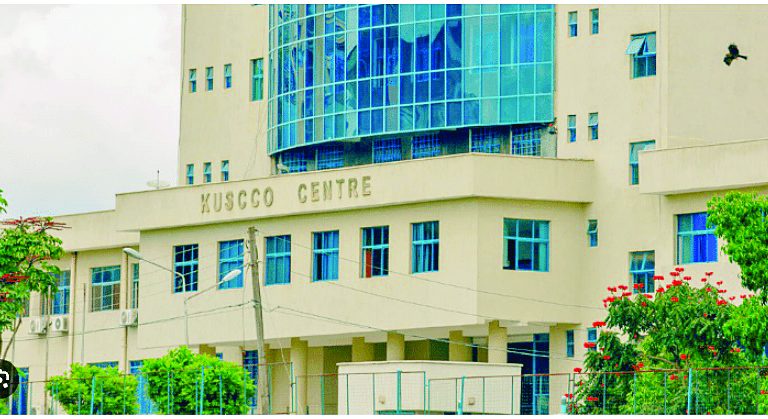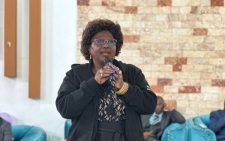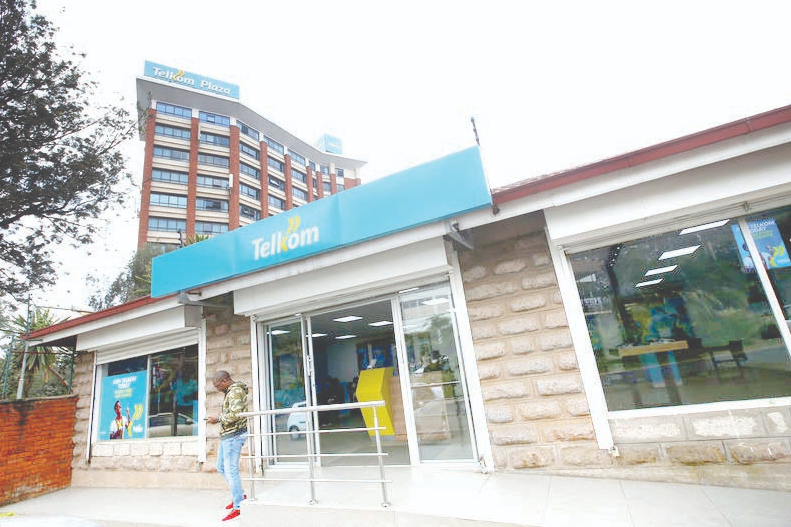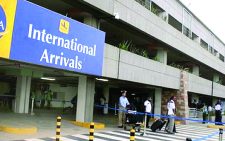Sacco’s failure to hold AGM turns spotlight on regulator

Metropolitan National Sacco has failed to meet the April 30 statutory deadline to hold its Annual General Meeting (AGM), deepening existing concerns over transparency and governance. The lapse comes as the Sacco continues to withhold its financial statements for the year ending December 2024, leaving members in the dark and regulators on edge.
The missed deadline has sparked fresh anxiety among members and policymakers, especially given Sacco’s recent history of financial scandal. Billions of shillings were lost through systemic fraud involving forged documents, irregular lending, and blatant mismanagement. This latest non-compliance only adds to a growing list of red flags.
With Saccos facing a backlash after the Kenya Union of Savings and Credit Cooperatives (Kuscco) billion-shillings scandals, the Sacco Societies Regulatory Authority (Sasra) has sent out reminders to members about the regulations that mandate all deposit-taking Saccos to conduct their AGMs or Annual Delegates Meetings (ADMs) by April 30 each year.
“Every Sacco must hold its AGM/ADM by April 30th,” it said in the notice. “AGMs/ ADMs provide you with an opportunity to exercise your rights as a member.”
These meetings are crucial platforms for members to scrutinise audited financial statements, hear from auditors and the regulator, vote on key governance matters, and elect or replace board members. Yet, with just a day to the deadline, Metropolitan Sacco has neither convened its AGM nor published its FY24 results, raising questions about its ability or willingness to meet basic compliance standards.
The missed AGM is the latest in a long list of red flags for Metropolitan, which once stood among the most prominent teacher-founded financial cooperatives in Kenya. An April 2022 audit unearthed massive internal fraud, including Sh49 million withdrawn by a single teller, Sh7 billion disbursed to non-existent members, and the manipulation of financial records to overstate the Sacco’s balance sheet by Sh14 billion.
Originally founded as Kiambu Teachers Sacco, Metropolitan has expanded its reach nationally, rebranding multiple times and opening membership to salaried workers, businesses, and minors.
But the rapid growth has been marred by poor oversight and gross financial misconduct. By March 2024, over 11,000 teachers had stopped remitting contributions, and the Sacco’s asset base had shrunk by nearly 90 percent.
The Senate Committee on Trade and Tourism, chaired by Senator Okiya Omtatah, urged the Teachers Service Commission (TSC) to stop forwarding member deductions to the Sacco, especially from members who have opted out until full accountability is provided.
Of the Sacco’s eight branches and 15 service centres, only Nairobi and Kiambu are currently profitable.
Loss-making branches, including those in Kisumu, Nakuru, and Bungoma, continue to operate at a deficit, further dragging down the institution’s performance.
The Sacco has since suspended long-term loans, closed non-performing outlets, and shifted toward digital operations in a last-ditch effort to stem the financial haemorrhage.
By missing its AGM, Metropolitan denies members the legal right to interrogate financial reports, elect leadership, or hold the management accountable.
As Sasra notes, “AGMs provide an opportunity to access, read and interrogate the Sacco’s reports, hear the Auditor’s and Authority’s feedback, and engage in key decisions shaping the Sacco’s future.”















